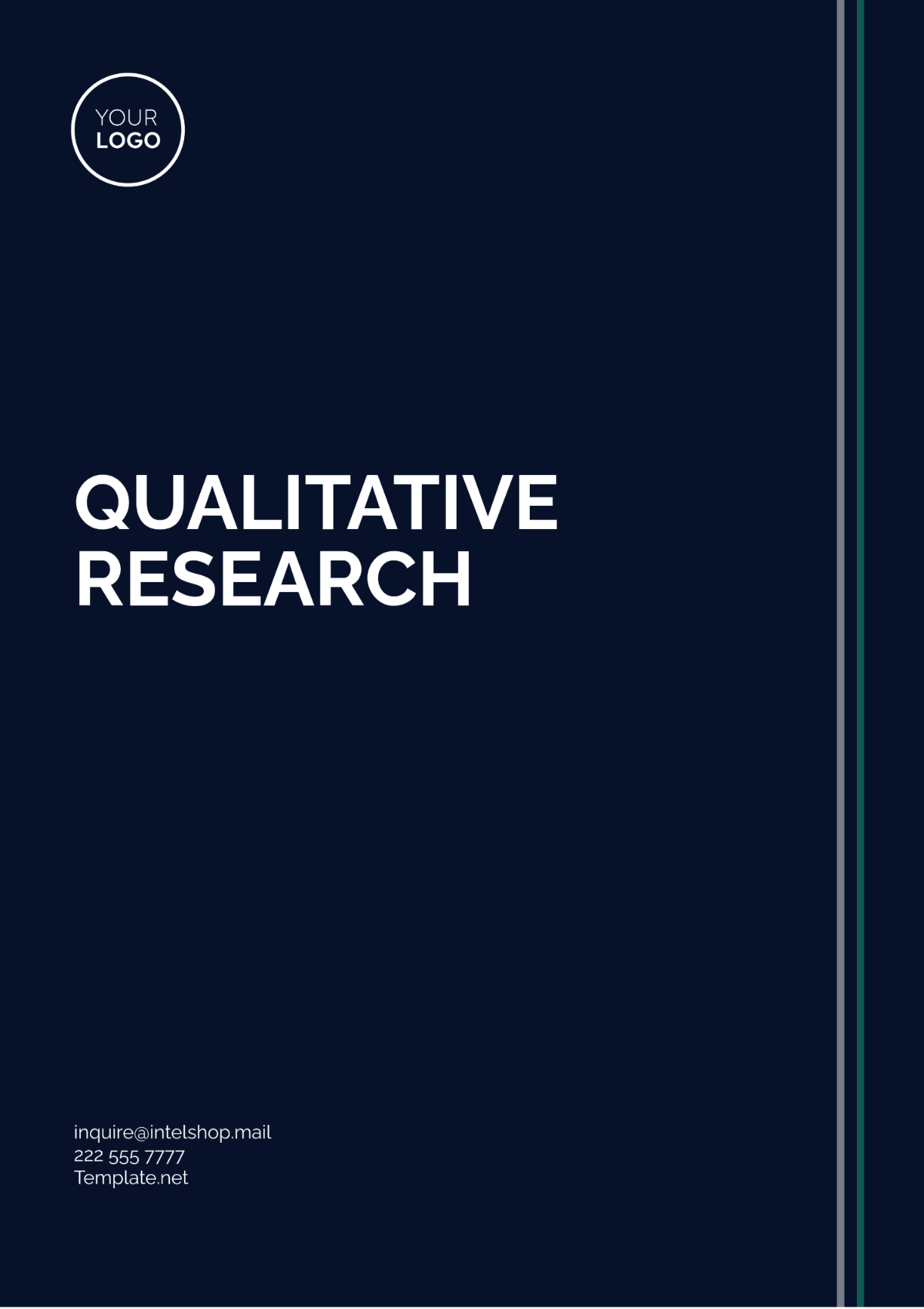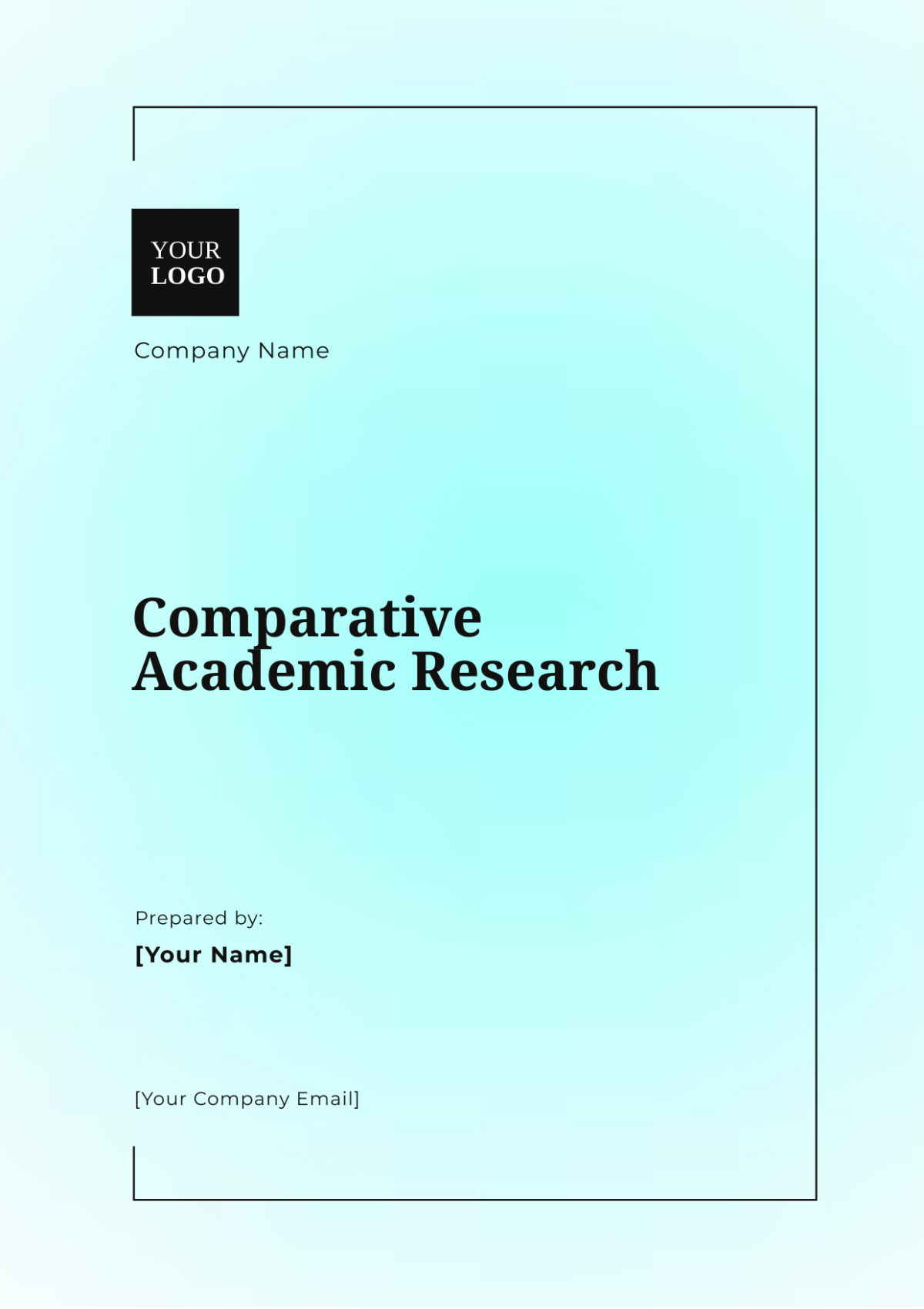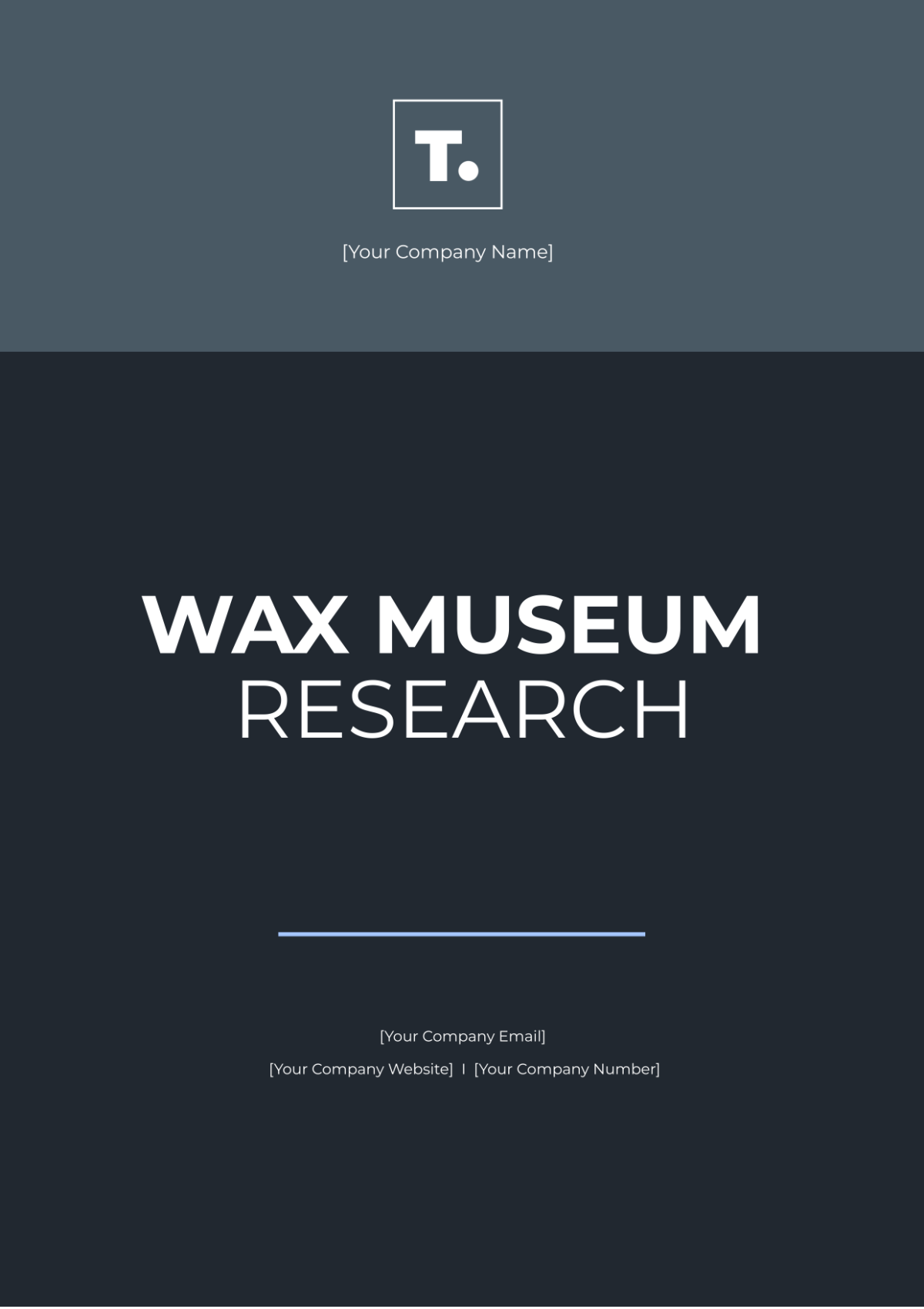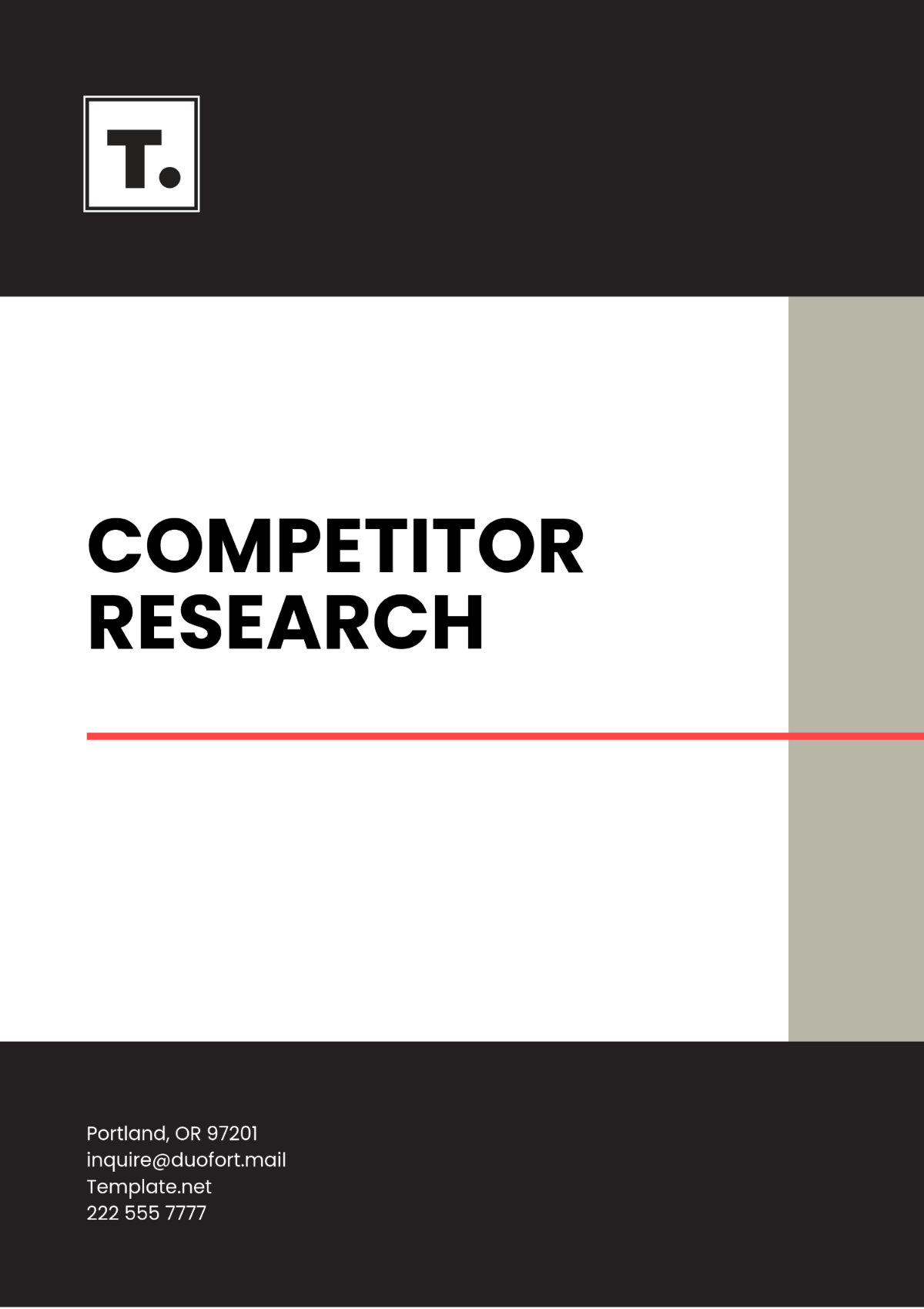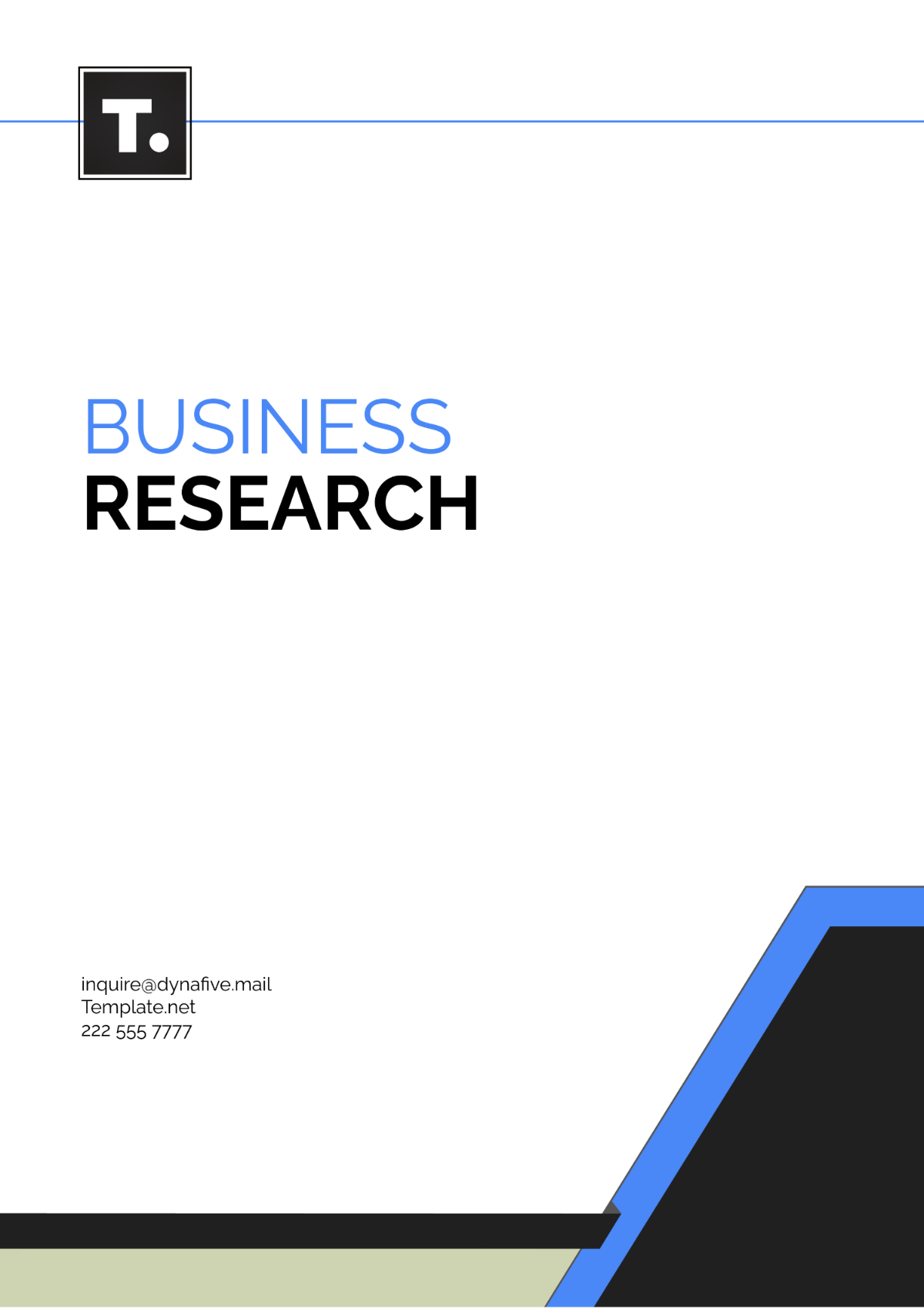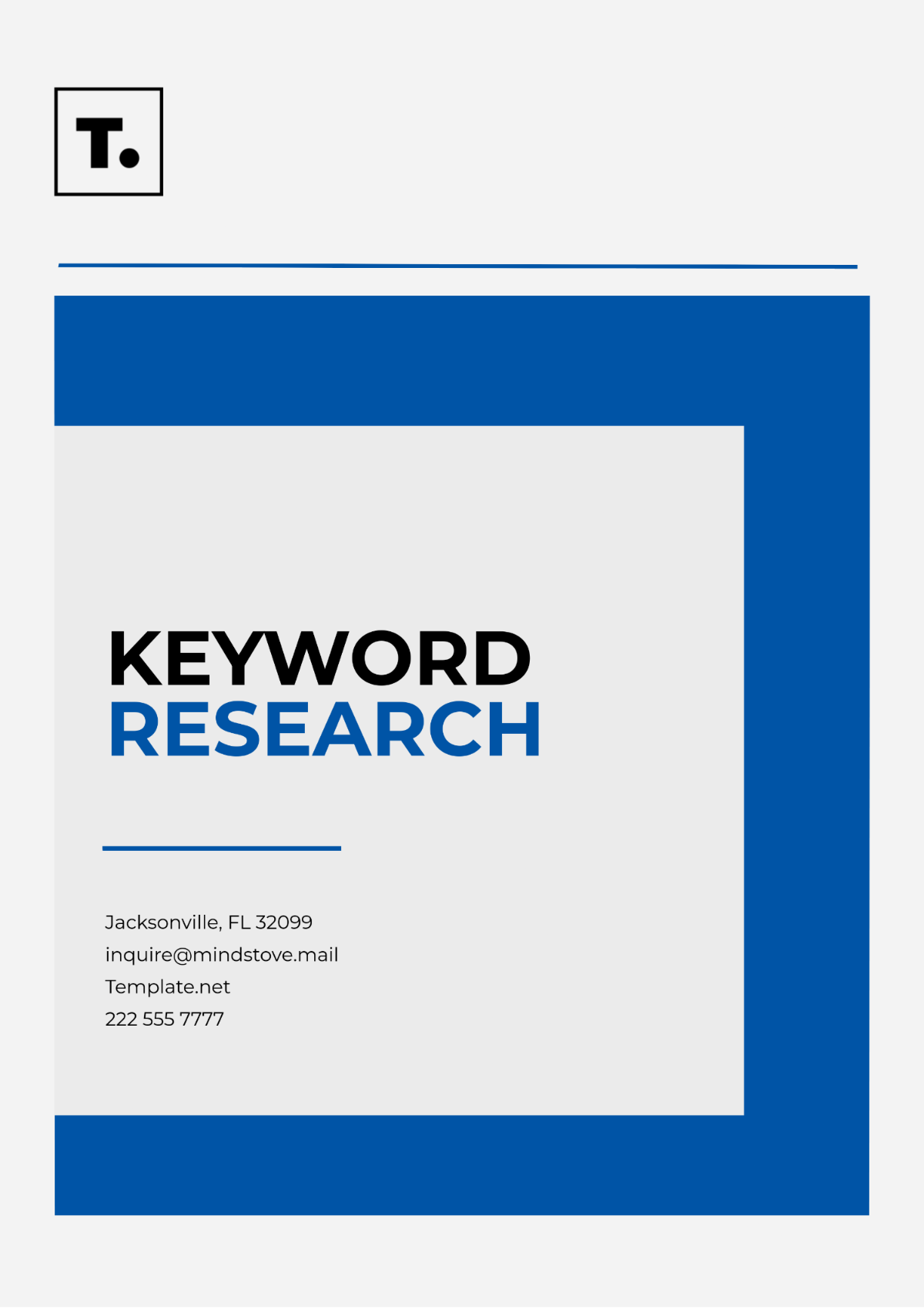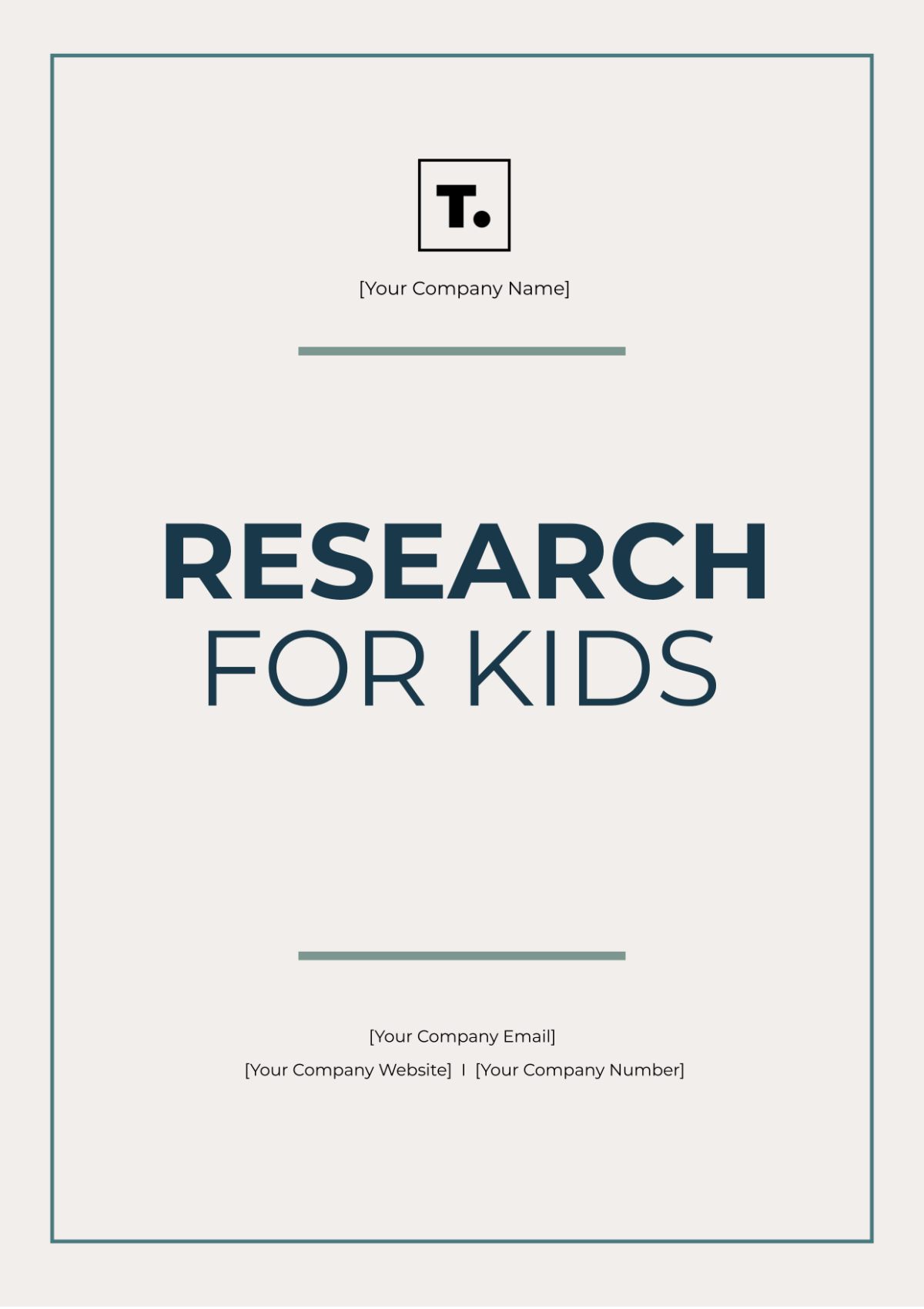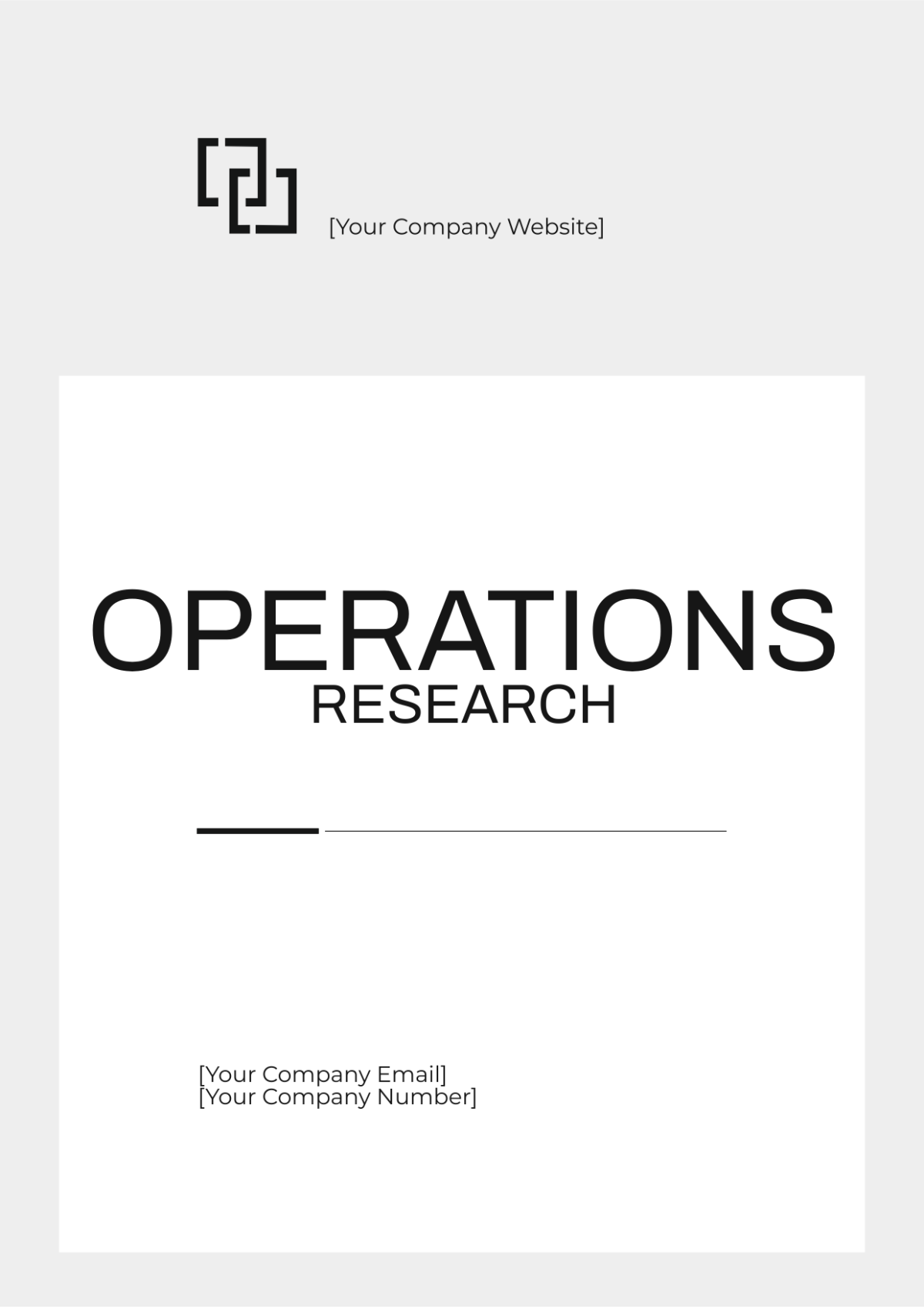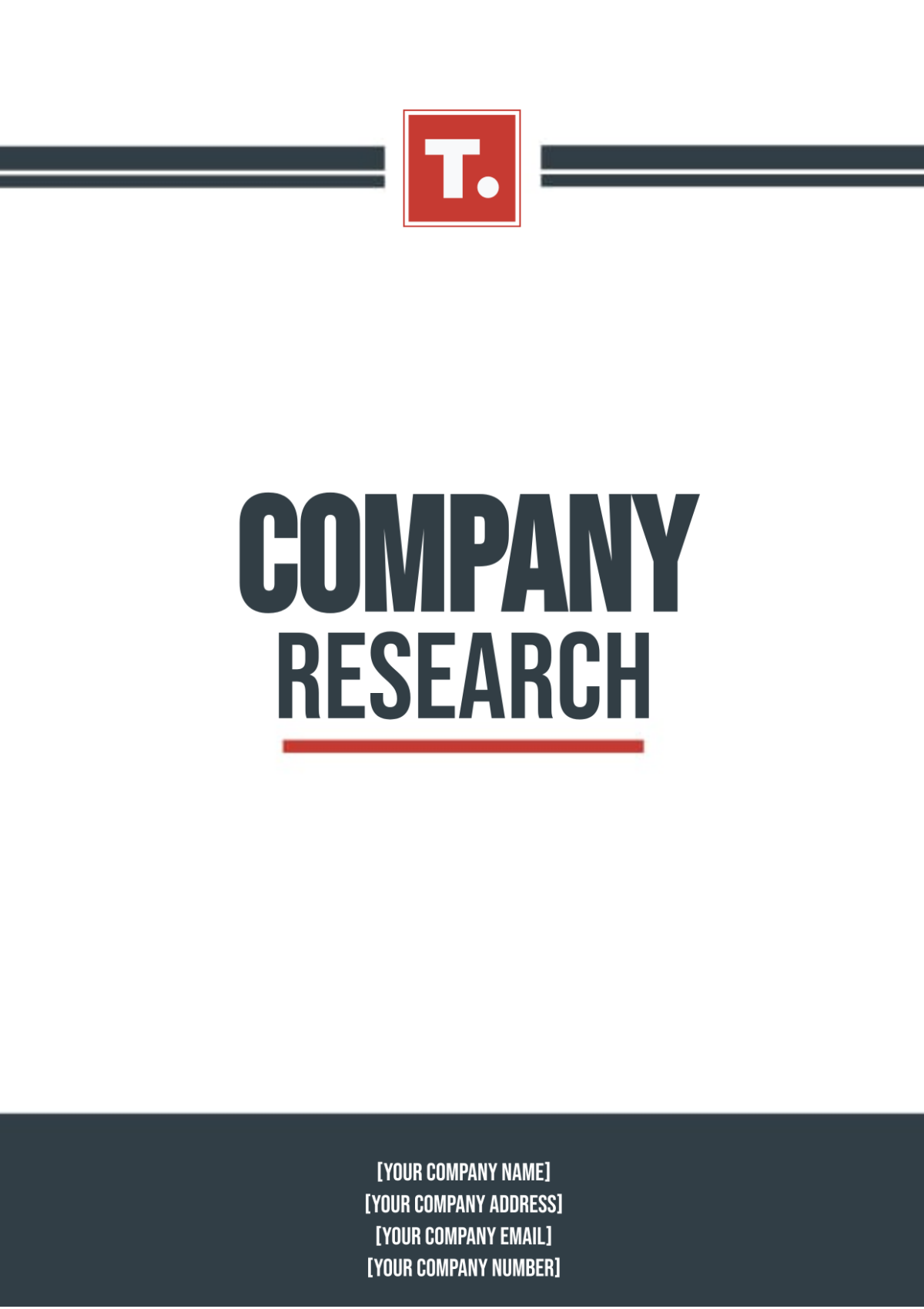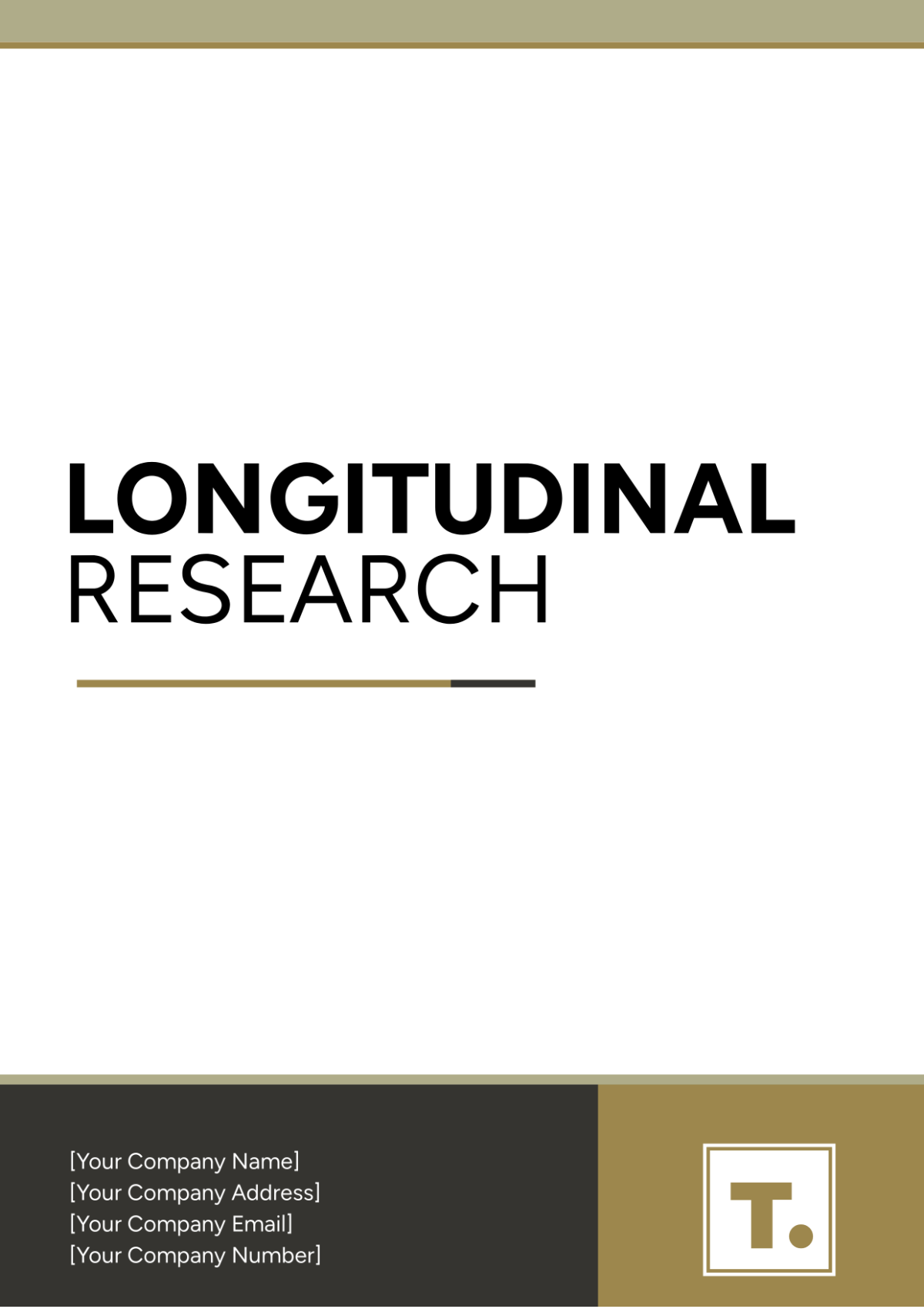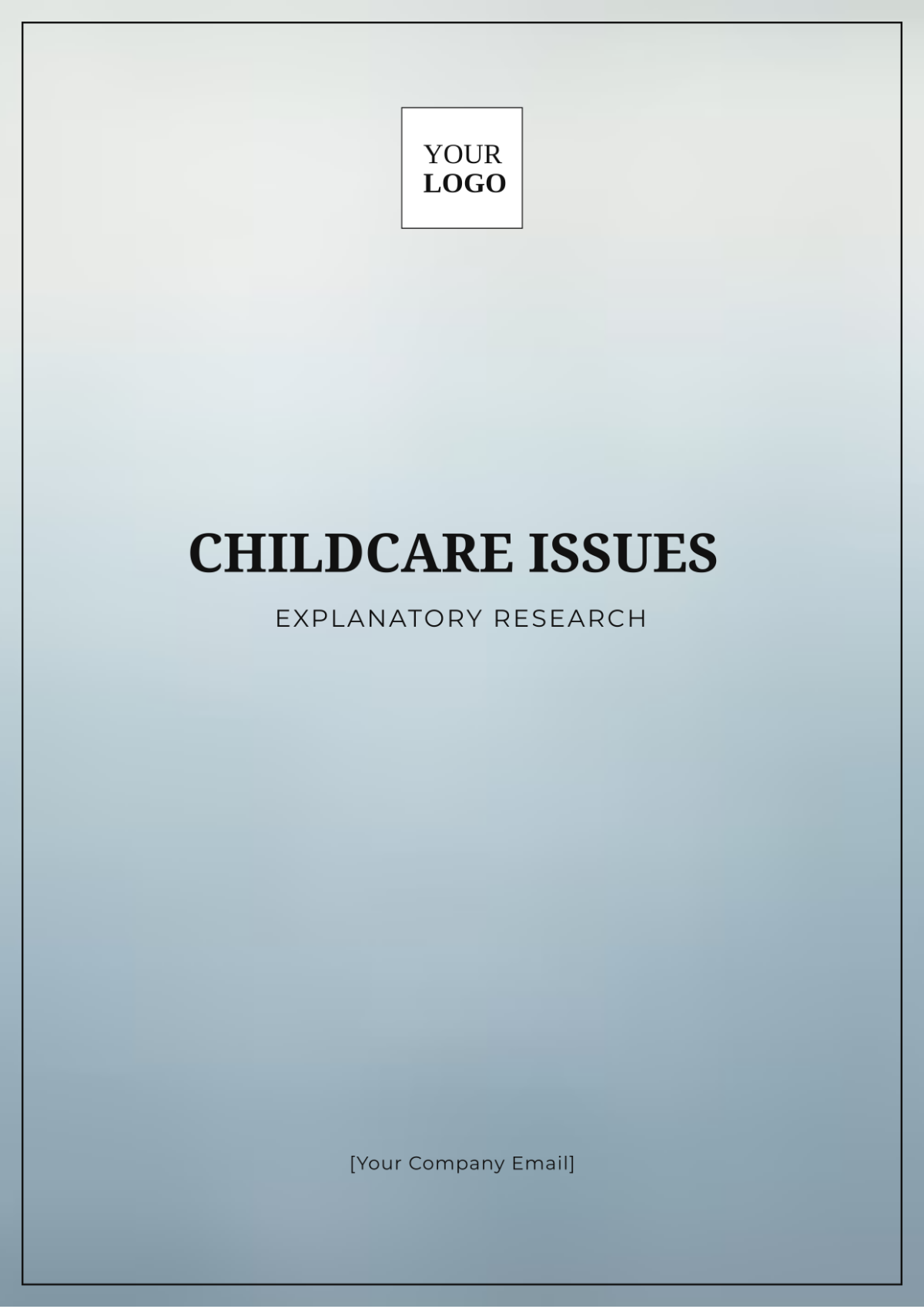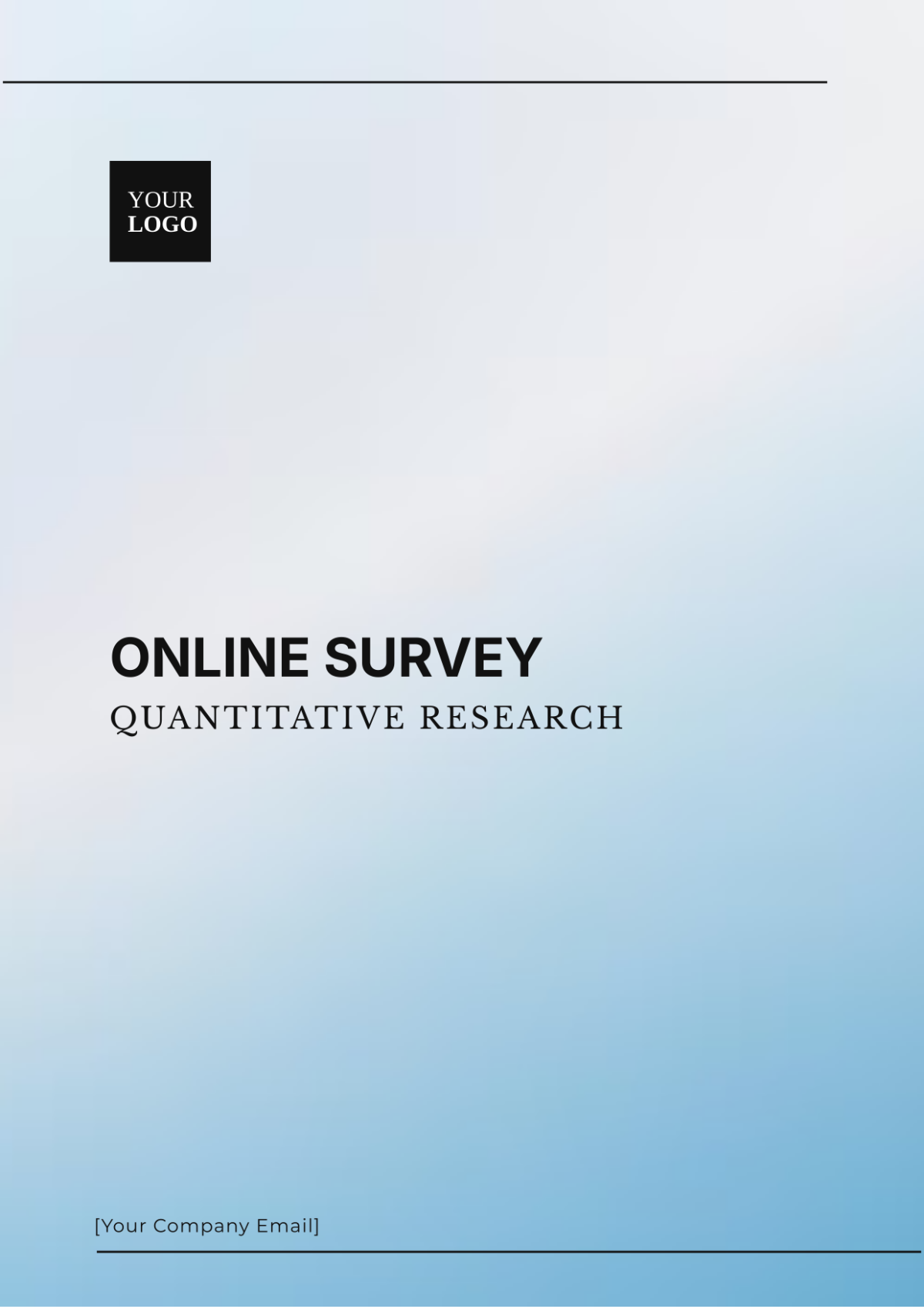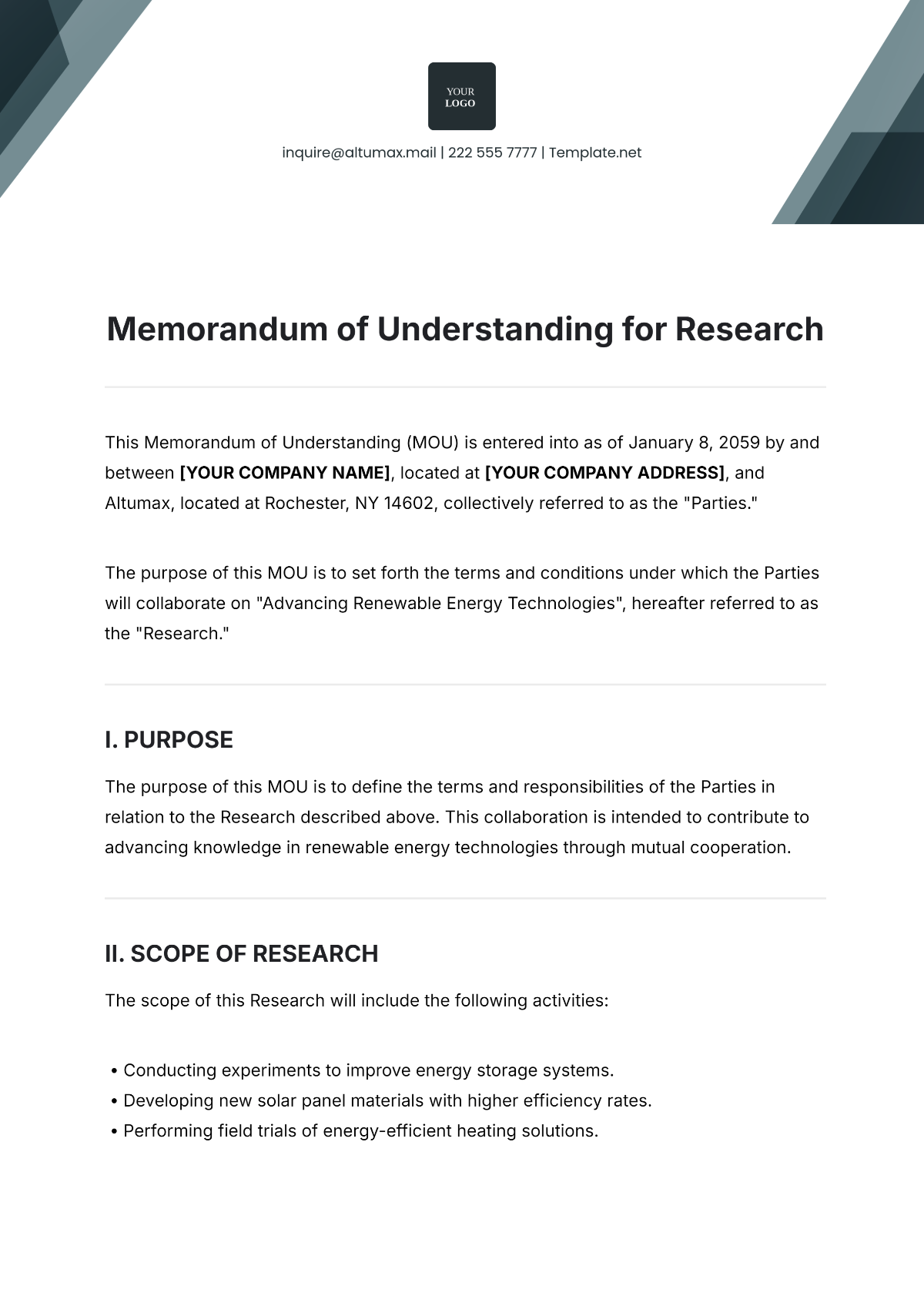Professional Case Study Research
Title: Improving Employee Retention in a Tech Start-Up
I. Introduction
This case study examines the employee retention challenges faced by [Your Company Name], a fast-growing tech start-up, and the strategies implemented to improve retention rates over a two-year period. High turnover rates were negatively affecting productivity, team cohesion, and company morale.
II. Background
[Your Company Name] was founded in 2048 and quickly scaled to 150 employees within its first two years. However, the company faced a significant challenge with a turnover rate of 35%, which is higher than the industry average of 25%. Employee exit interviews revealed dissatisfaction with career development opportunities, work-life balance, and company culture.
III. Research Objectives
To understand the root causes of high employee turnover.
To evaluate the effectiveness of retention strategies implemented by the company.
To provide recommendations to further improve employee retention.
IV. Methodology
The case study used a mixed-methods approach, combining both qualitative and quantitative data:
Interviews: Conducted in-depth interviews with 15 employees who left the company and 10 current employees in managerial positions.
Surveys: Distributed surveys to all current employees to assess job satisfaction, career development opportunities, and workplace culture.
Document Review: Analyzed HR reports, turnover data, and exit interviews from the past two years.
V. Findings
Lack of Career Development: 65% of surveyed employees felt that there were limited opportunities for professional growth. Most of the former employees interviewed left for positions that offered better career advancement.
Work-Life Balance: 50% of respondents indicated that long working hours contributed to their decision to leave. Many former employees mentioned burnout as a major factor.
Company Culture: Interviews highlighted that the company’s fast-paced growth had led to a fragmented culture where employees felt disconnected from the leadership team.
VI. Retention Strategies Implemented
Career Development Programs: The company introduced regular training sessions, mentorship programs, and clear career paths. These initiatives resulted in 85% of employees reporting an increase in job satisfaction within six months.
Flexible Work Policies: Implementing a remote work option and allowing flexible working hours helped reduce burnout. Employees reported a 30% improvement in work-life balance satisfaction.
Cultural Reboot: The leadership team prioritized team-building activities, transparent communication, and quarterly town hall meetings to create a more inclusive and connected workplace.
VII. Conclusion
By addressing career development, work-life balance, and company culture, [Your Company Name] reduced its turnover rate from 35% to 18% within 18 months. The case study illustrates the importance of understanding employee needs and providing opportunities for growth, as well as creating a supportive work environment to improve retention.
VIII. Recommendations
Continue to enhance career development opportunities with internal promotions and leadership training.
Regularly assess employee satisfaction to address emerging concerns before they impact retention.
Foster a strong, unified company culture through consistent communication and employee engagement activities.
This professional case study research demonstrates how tailored retention strategies can successfully reduce turnover and improve employee satisfaction in a fast-growing company.







